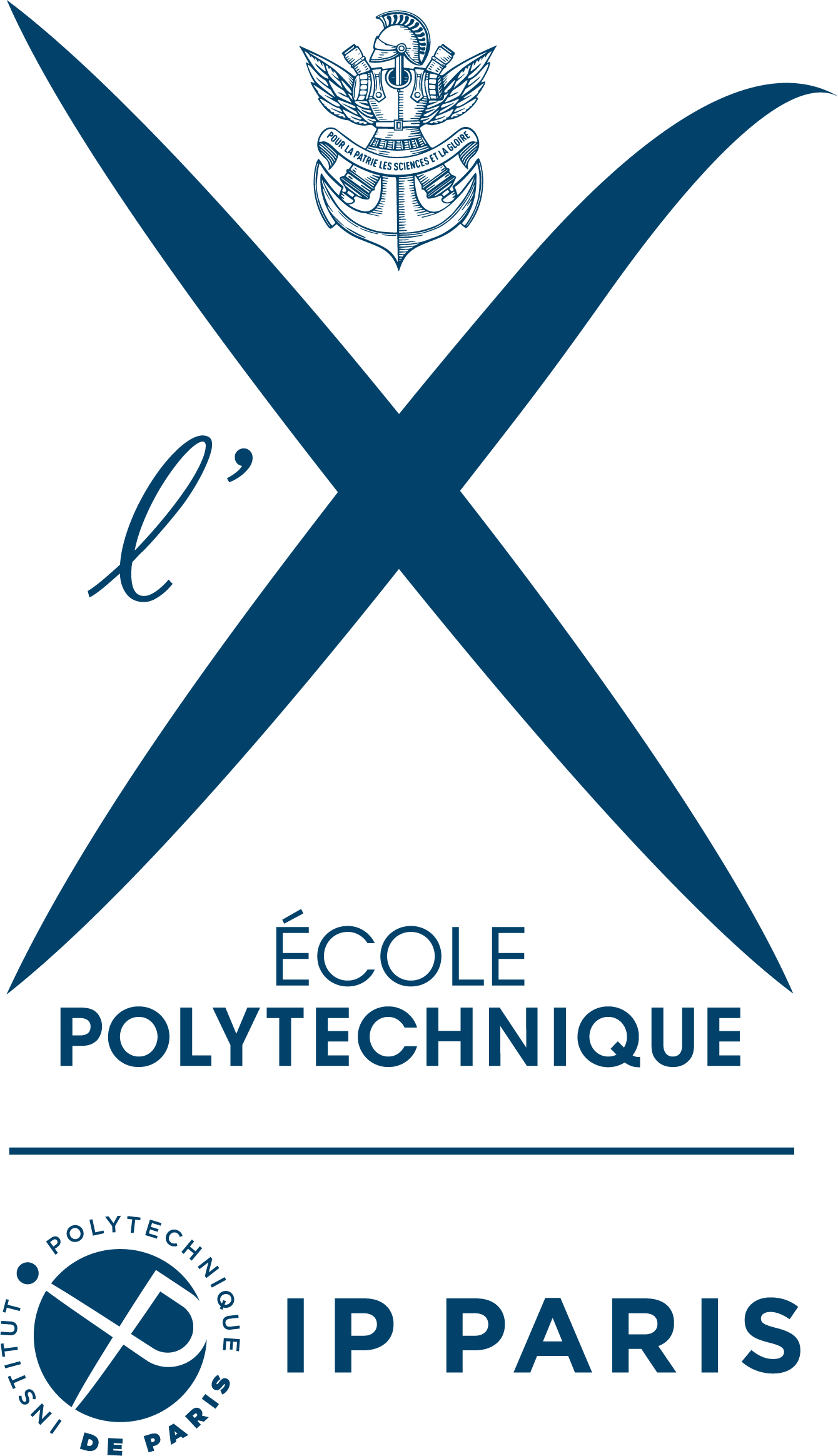[Comment les états lagrangiens évoluent en ondes aléatoires]
In this paper, we consider a compact connected manifold of negative curvature, and a family of semi-classical Lagrangian states on . For a wide family of phases , we show that , when evolved by the semi-classical Schrödinger equation during a long time, resembles a random Gaussian field. This can be seen as an analogue of Berry’s random waves conjecture for Lagrangian states.
Dans cet article, nous considérons une variété riemannienne connexe, compacte, de courbure sectionnelle négative, et une famille d’états lagrangiens semi-classiques sur . Pour une grande famille de phases , nous montrons que que l’on fait évoluer par l’équation de Schrödinger pendant un temps long ressemble à un champ aléatoire gaussien. Ceci peut être vu comme un analogue de la conjecture des ondes aléatoires de Berry pour les états lagrangiens.
Accepté le :
Publié le :
Keywords: Quantum chaos, semi-classical analysis, Berry’s conjecture, random waves
Mots-clés : Chaos quantique, analyse semi-classique, conjecture de Berry, ondes aléatoires
Maxime Ingremeau 1 ; Alejandro Rivera 2
 CC-BY 4.0
CC-BY 4.0
@article{JEP_2022__9__177_0,
author = {Maxime Ingremeau and Alejandro Rivera},
title = {How {Lagrangian} states evolve into random~waves},
journal = {Journal de l{\textquoteright}\'Ecole polytechnique {\textemdash} Math\'ematiques},
pages = {177--212},
publisher = {\'Ecole polytechnique},
volume = {9},
year = {2022},
doi = {10.5802/jep.181},
language = {en},
url = {https://jep.centre-mersenne.org/articles/10.5802/jep.181/}
}
TY - JOUR AU - Maxime Ingremeau AU - Alejandro Rivera TI - How Lagrangian states evolve into random waves JO - Journal de l’École polytechnique — Mathématiques PY - 2022 SP - 177 EP - 212 VL - 9 PB - École polytechnique UR - https://jep.centre-mersenne.org/articles/10.5802/jep.181/ DO - 10.5802/jep.181 LA - en ID - JEP_2022__9__177_0 ER -
%0 Journal Article %A Maxime Ingremeau %A Alejandro Rivera %T How Lagrangian states evolve into random waves %J Journal de l’École polytechnique — Mathématiques %D 2022 %P 177-212 %V 9 %I École polytechnique %U https://jep.centre-mersenne.org/articles/10.5802/jep.181/ %R 10.5802/jep.181 %G en %F JEP_2022__9__177_0
Maxime Ingremeau; Alejandro Rivera. How Lagrangian states evolve into random waves. Journal de l’École polytechnique — Mathématiques, Tome 9 (2022), pp. 177-212. doi : 10.5802/jep.181. https://jep.centre-mersenne.org/articles/10.5802/jep.181/
[1] - “Eigenfunctions and random waves in the Benjamini-Schramm limit”, 2018 | arXiv
[2] - “Entropy and the localization of eigenfunctions”, Ann. of Math. (2) 168 (2008) no. 2, p. 435-475 | DOI | MR | Zbl
[3] - “Half-delocalization of eigenfunctions for the Laplacian on an Anosov manifold”, Ann. Inst. Fourier (Grenoble) 57 (2007) no. 7, p. 2465-2523 | DOI | Numdam | MR | Zbl
[4] - “Regular and irregular semiclassical wavefunctions”, J. Phys. A 10 (1977) no. 12, p. 2083-2091 | DOI | MR | Zbl
[5] - Probability and measure, Wiley Series in Probability and Statistics, John Wiley & Sons, Inc., Hoboken, NJ, 2012
[6] - “On toral eigenfunctions and the random wave model”, Israel J. Math. 201 (2014) no. 2, p. 611-630 | DOI | MR | Zbl
[7] - “On the number of nodal domains of toral eigenfunctions”, Ann. Inst. H. Poincaré Phys. Théor. 17 (2016) no. 11, p. 3027-3062 | DOI | MR | Zbl
[8] - Fractional fields and applications, Mathématiques & Applications, vol. 73, Springer, Heidelberg, 2013 | DOI
[9] - Spectral asymptotics in the semi-classical limit, London Math. Soc. Lect. Note Series, vol. 268, Cambridge University Press, Cambridge, 1999 | DOI
[10] - “Geodesic flows in manifolds of nonpositive curvature”, in Smooth ergodic theory and its applications (Seattle, WA, 1999), Proc. Sympos. Pure Math., vol. 69, American Mathematical Society, Providence, RI, 2001, p. 525-571 | DOI | MR | Zbl
[11] - Partial differential equations, Graduate Studies in Math., vol. 19, American Mathematical Society, Providence, RI, 2010 | DOI
[12] - Stable mappings and their singularities, Graduate Texts in Math., vol. 14, Springer-Verlag, New York-Heidelberg, 1973 | DOI
[13] - “Local weak limits of Laplace eigenfunctions”, Tunis. J. Math. 3 (2021) no. 3, p. 481-515 | arXiv | DOI
[14] - Riemannian geometry and geometric analysis, Universitext, Springer, Cham, 2017 | DOI
[15] - “Global Fourier integral operators and semiclassical asymptotics”, Rev. Math. Phys. 12 (2000) no. 5, p. 749-766 | DOI | MR | Zbl
[16] - “Asymptotic laws for the spatial distribution and the number of connected components of zero sets of Gaussian random functions”, Zh. Mat. Fiz. Anal. Geom. 12 (2016) no. 3, p. 205-278 | DOI | MR | Zbl
[17] - “Quantum decay rates in chaotic scattering”, Acta Math. 203 (2009) no. 2, p. 149-233 | DOI | MR | Zbl
[18] - “Solutions to the Helmoltz equation satisfying the random wave model”, work in progress
[19] - “Planck-scale number of nodal domains for toral eigenfunctions”, J. Funct. Anal. 279 (2020) no. 8, article ID 108663, 21 pages | DOI | MR | Zbl
[20] - “Semiclassical behaviour of expectation values in time evolved Lagrangian states for large times”, Comm. Math. Phys. 256 (2005) no. 1, p. 239-254 | DOI | MR | Zbl
[21] - Semiclassical analysis, Graduate Studies in Math., vol. 138, American Mathematical Society, Providence, RI, 2012 | DOI
Cité par Sources :



